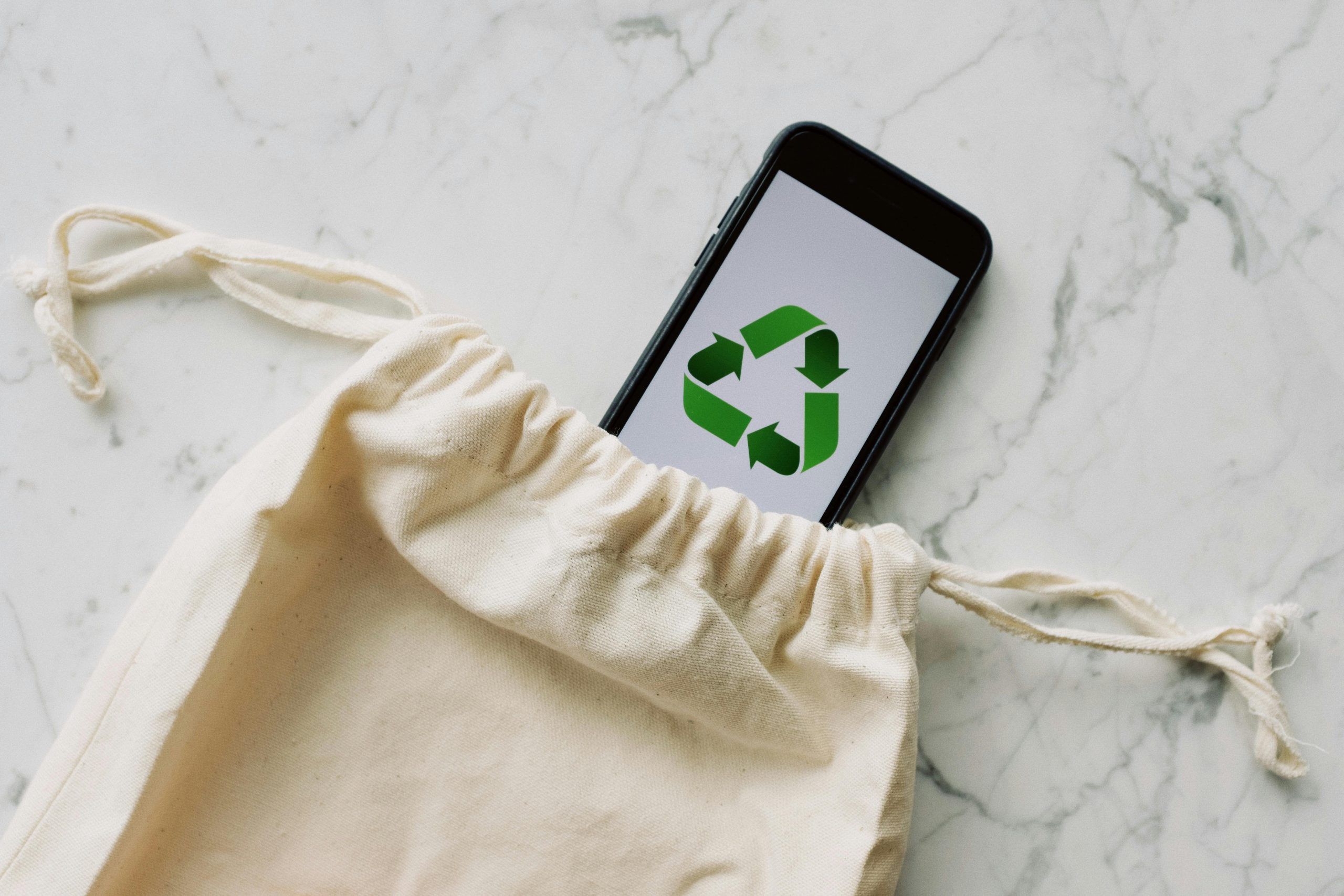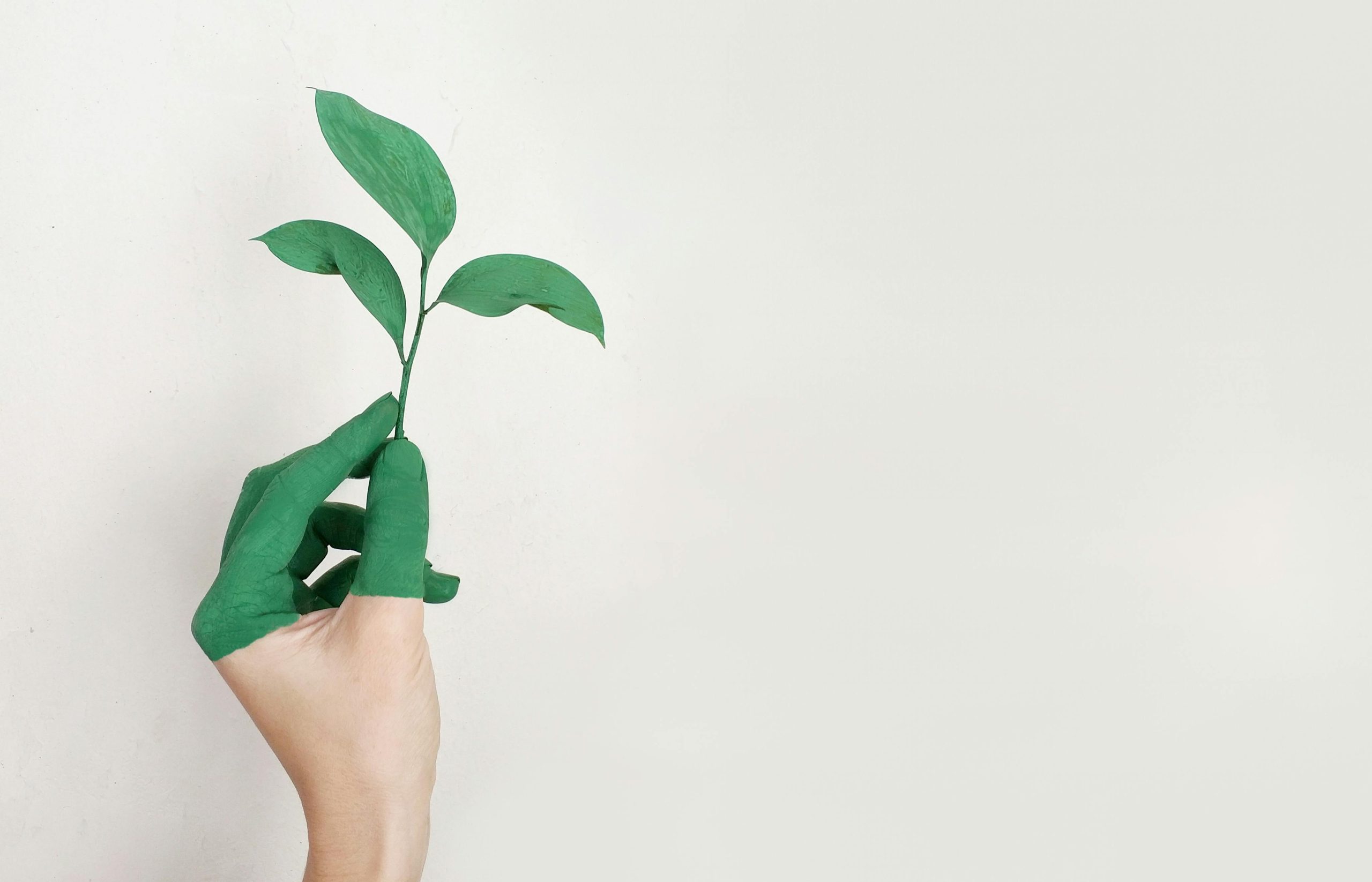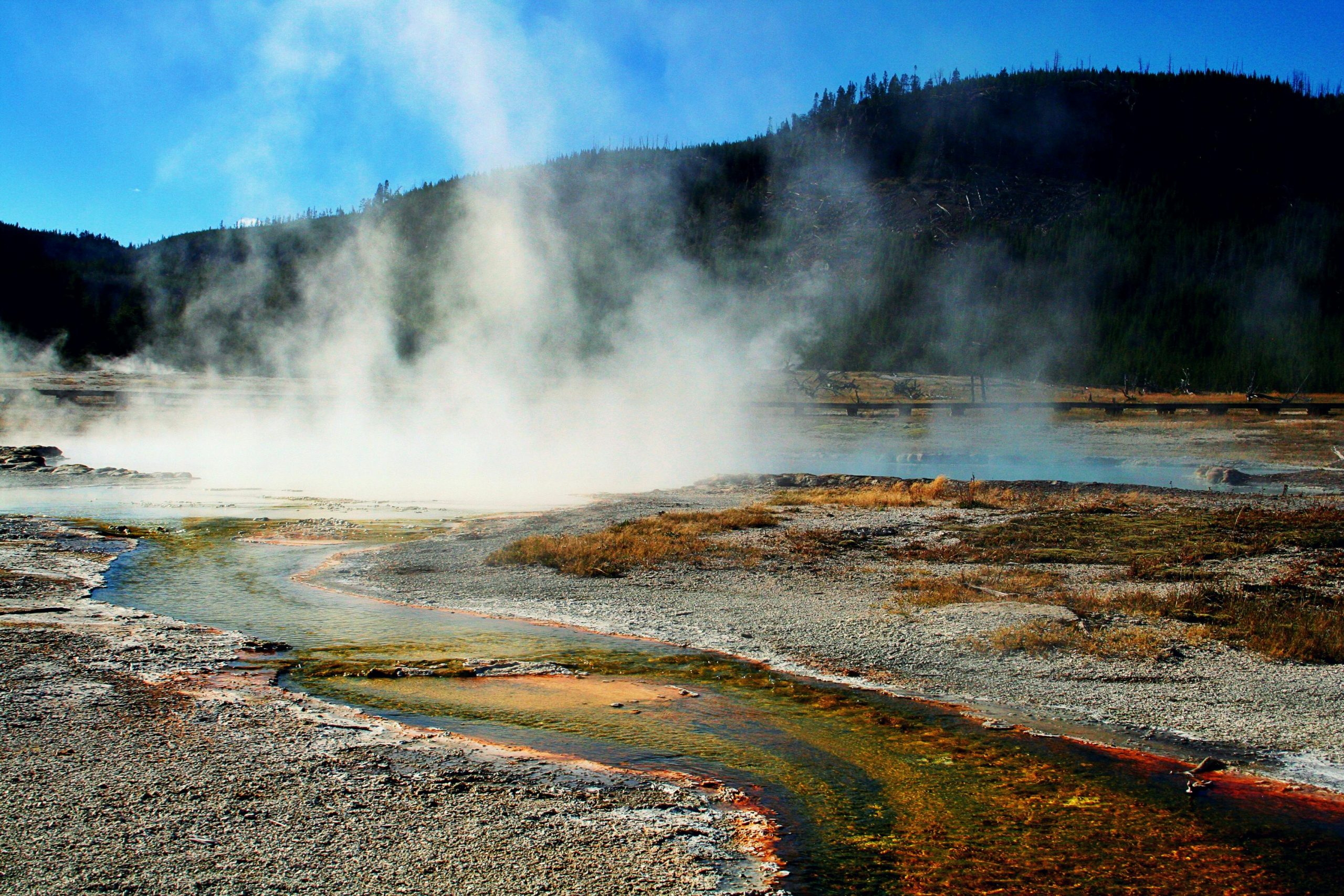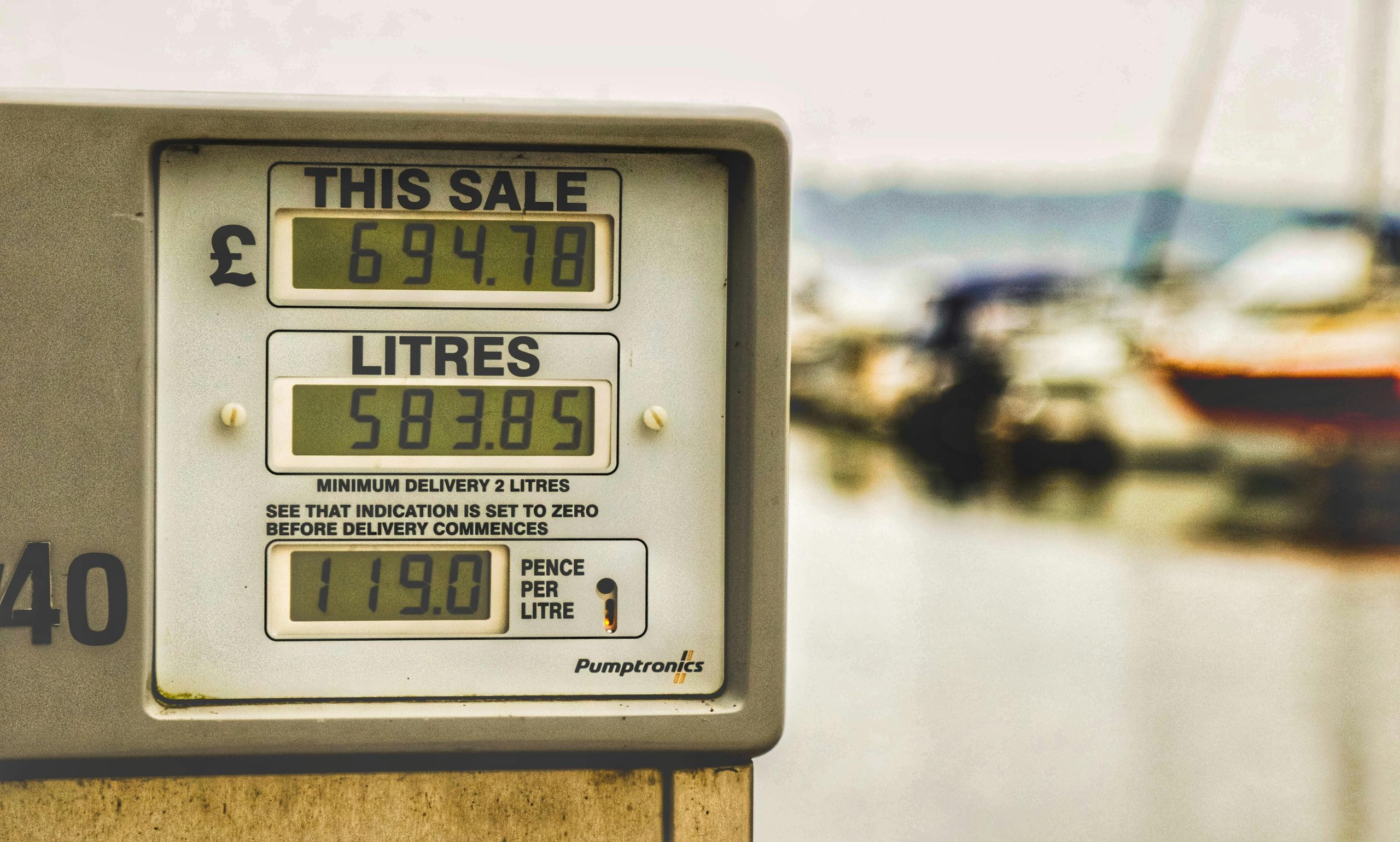What Is Compost?
Compost is a nutrient-rich material made by decomposing organic waste like food scraps, garden clippings, and paper products. But what is compost exactly, and why is it important? In simple terms, it’s nature’s way of recycling. This article will explain what compost is, how it works, and how you can use it to reduce waste and enrich your soil. Whether you’re a homeowner, gardener, or just eco-curious, this guide will help you understand compost and its role in sustainable living.
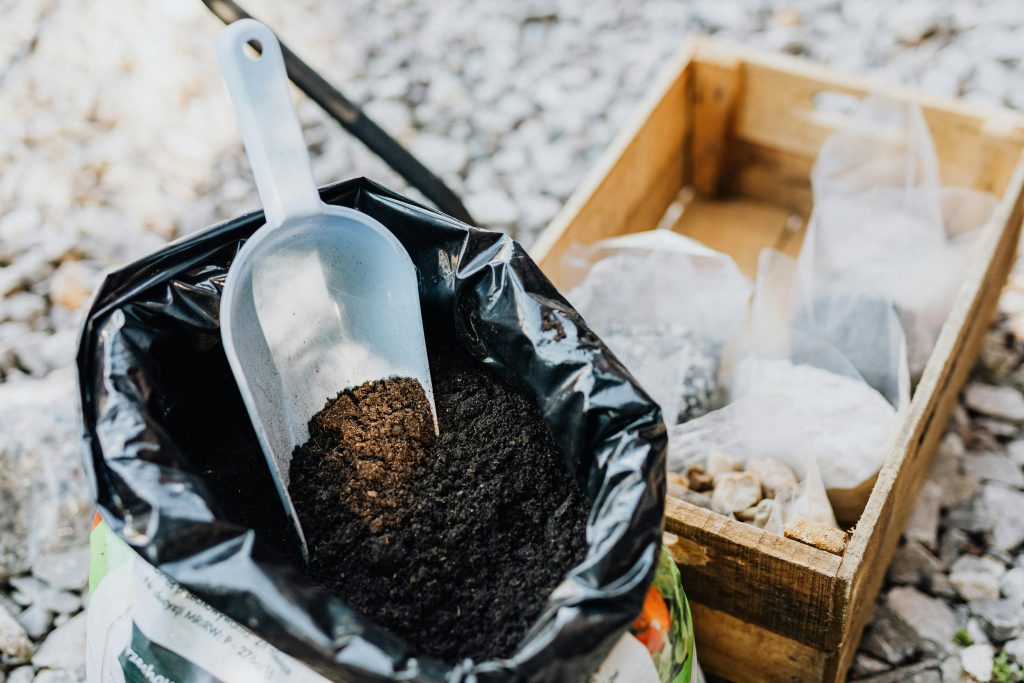
How Composting Works
Understanding the Composting Process
Composting is a controlled, natural process that transforms organic materials into humus—an earthy, dark substance packed with nutrients. Microorganisms, oxygen, moisture, and the right balance of “greens” (like vegetable peels and grass clippings) and “browns” (like dried leaves and cardboard) work together to break down the material.
To start composting at home, you’ll need:
A compost bin or pile
A balance of green and brown materials
Occasional turning or mixing
Proper moisture levels (damp, but not soaked)
Over time—typically a few weeks to months—you’ll see the pile transform into rich, dark compost that smells like earth.
Benefits of Using Compost
Healthier Soil and Plants
Compost improves soil structure, boosts nutrient content, and enhances the ability to retain moisture. It’s especially beneficial for vegetable gardens, houseplants, and lawns. It also reduces the need for chemical fertilizers.
Reduces Waste and Emissions
According to the EPA, food scraps and yard waste make up more than 30% of what we throw away. Composting keeps this waste out of landfills, reducing methane emissions and lowering your household’s carbon footprint.
What Can You Compost?
Here are common items that are compostable:
Fruit and vegetable scraps
Coffee grounds and tea bags
Eggshells
Grass clippings and dry leaves
Paper towels and uncoated cardboard
Avoid composting: meat, dairy, oils, and pet waste, as they attract pests and can disrupt the composting process.
Getting Started with Composting
If you’re new to composting, start small. A simple countertop bin or backyard pile is enough to make a difference. For apartment dwellers, vermicomposting (using worms) is a great indoor option. Want to take it further? Try using your finished compost in potted plants or your community garden.
For more sustainable tips, check out our guide on eco-friendly technologies.
Final Thoughts
Understanding what compost is can help anyone make simple, impactful choices. It’s a low-cost, high-impact way to live more sustainably—right from your kitchen or backyard. Composting is not just about reducing waste; it’s about building a healthier planet from the ground up.
Ready to Start Composting?
Join our green community by subscribing to the Convert Green blog and discover more ways to reduce waste and live sustainably. Already composting? Share your tips or ask questions in the comments—we’d love to hear from you!

